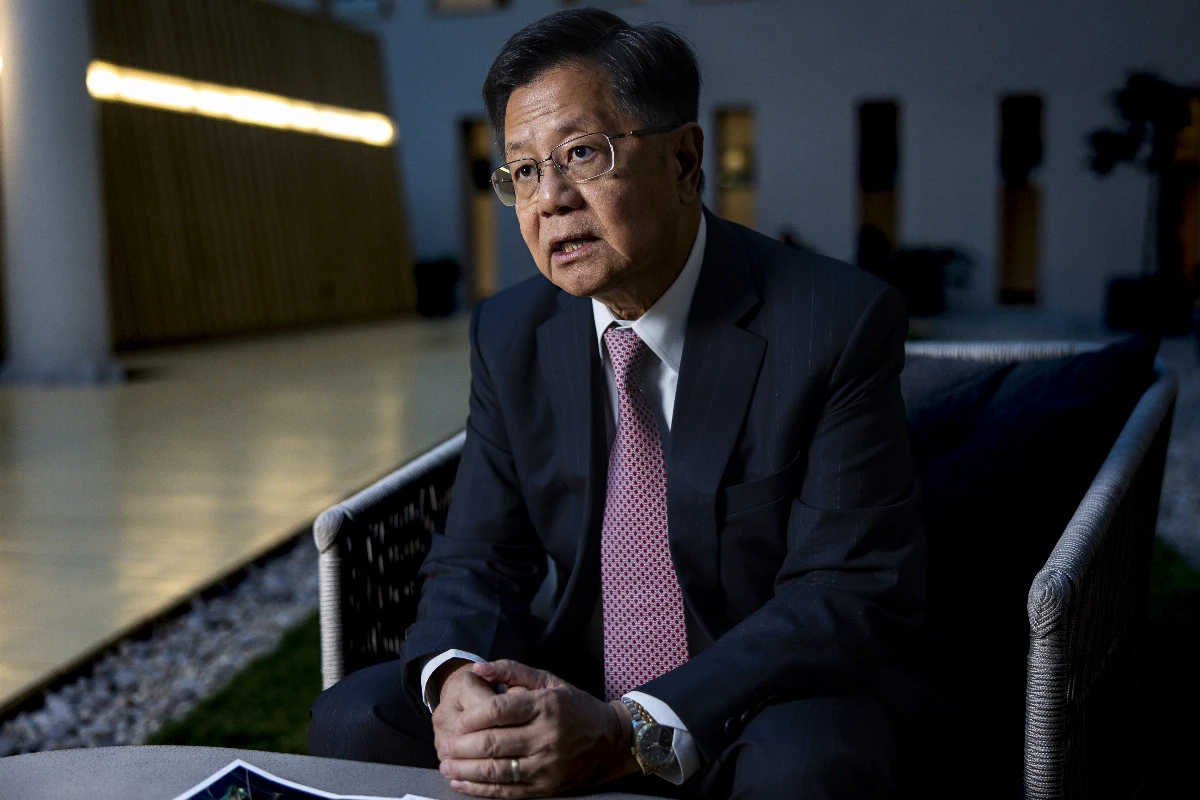
- Singapore's ambition is to become the IT and sustainable finance hub of the Southeast Asian region, and the government is actively working to achieve this goal. What initiatives are being undertaken to fulfill this ambition?
- The Singapore government has been working on that for more than a decade. There was a very famous speech by the then finance minister, president of Singapore, who conveyed, the country has to upgrade its skills, has to invest in people and spend more on R&D, spend more on training people. That was in 2015. The government first raised the tax for about two percent for the highest income groups. They used the money to spend on training, spend on redistributing to the older and also helping people to have a state supported early start at a very young age, in kindergartens and so on. The government also established the Future Economy Commision ,which goal was to study and advise the leadership on what to do in order to achieve sustainability and growth. They come up with various beautiful ideas to meet their goals in connecting people, pushing hard on R&D and also attracting the foreign talent, foreign companies. Furthermore, the government motivates people to do more, we call it lifelong learning. It contains programs, very attractive subsidies for people to go back to school to retrain themselves. It's not just about attracting the foreign investments, foreign companies, attracting the innovation. They also raised the capability of their workforce. These are coupled with initiative, such as the Fintech Festival which is held annually in the country. It provides platform for cooperation in the fintech and digital sector aswell.

- To become a hub is synonymous with maintaining connectivity. In this respect, the ambitions of Hungary and Singapore are very similar.
- We are well aware of the conflict between the United States and China, and I find it very unfortunate because it creates a blame narrative that traps politicians into making decisions that may not seem very rational from an external perspective. However, the third party countries matter. I would say that countries like Singapore and Hungary and others play a crucial role as they provide a platform and a meeting point for various countries and companies to share technology, exchange data, showcase their capabilities, and establish joint ventures. Singapore and Hungary is very similar in that context. Singapore is connecting China and the US just like Hungary connecting Eurasia with the Western world. The collaboration, synergies, and all of this are very beneficial for us to leverage existing technology, science, and capabilities, thereby enlarging the economies of scale. The world doesn't have monopoly on capability and science. Development of knowledge, human curiosity and capability to satisfy that curiosity has no border. Those who attempt to monopolize everything will not ultimately succeed.
- ASEAN, of which Singapore is a founding member, is one of the most successful regional integrations of our time, alongside the European Union. What role can these organizations play in the changing world order?
- ASEAN has a very important role in connecting the countries in the Southeast Asian region. They have the capability, they have the financial capital, they have the entrepreneurship and also, they know how to deal with emerging economy because they grew up from that. So it has become a very promising pool of financial and human capital and collection of companies that can generate a lot of well-being. By the same token, the European Union has also become a very formidable group, that can have a significance presence. I'm happy to see that we have multiple groups coming up like that. You can feel that there is a significant positive presence of alternatives compared to just the two capitals in the east and west.
The author is an editor at Eurasia